Pickering Castle
Castle In Pickering, North Yorkshire
A ruined castle in the centre of Pickering that dates from the Norman period.
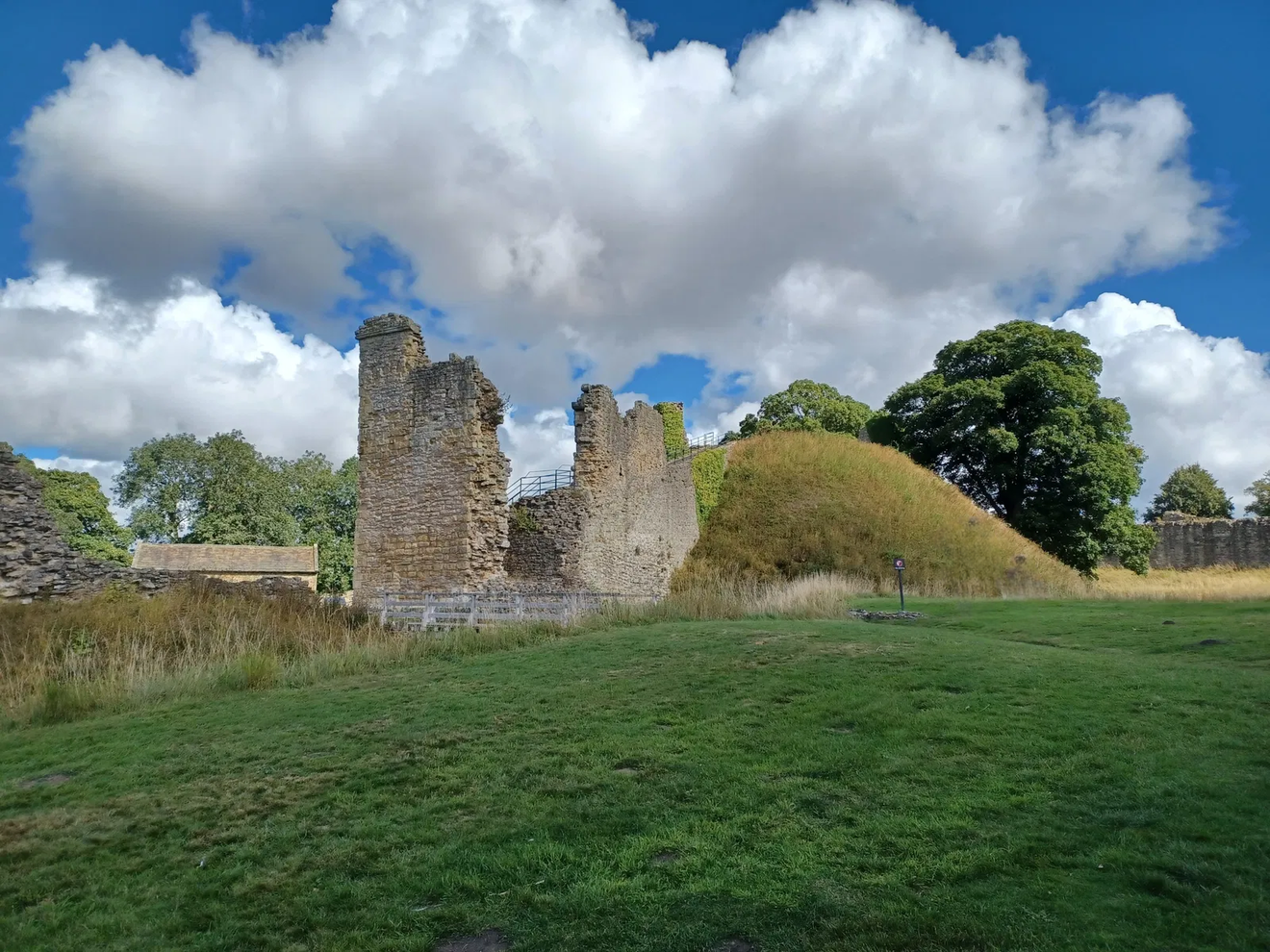
Pickering Castle is a historic landmark that has witnessed centuries of tumultuous events. Its imposing presence, overlooking the town of Pickering, has captivated visitors and historians alike. With a rich history dating back to the Norman Conquest, this ancient fortress offers a glimpse into the past and a testament to the enduring spirit of its builders.




The origins of Pickering Castle can be traced back to the Norman invasion of England in 1066. Following the Battle of Hastings, William the Conqueror sought to establish a strong foothold in the north of England. He recognised the strategic importance of Pickering, a town located near the Roman road Ermine Street, and ordered the construction of a castle to secure his control over the region following the Harrying of the North.
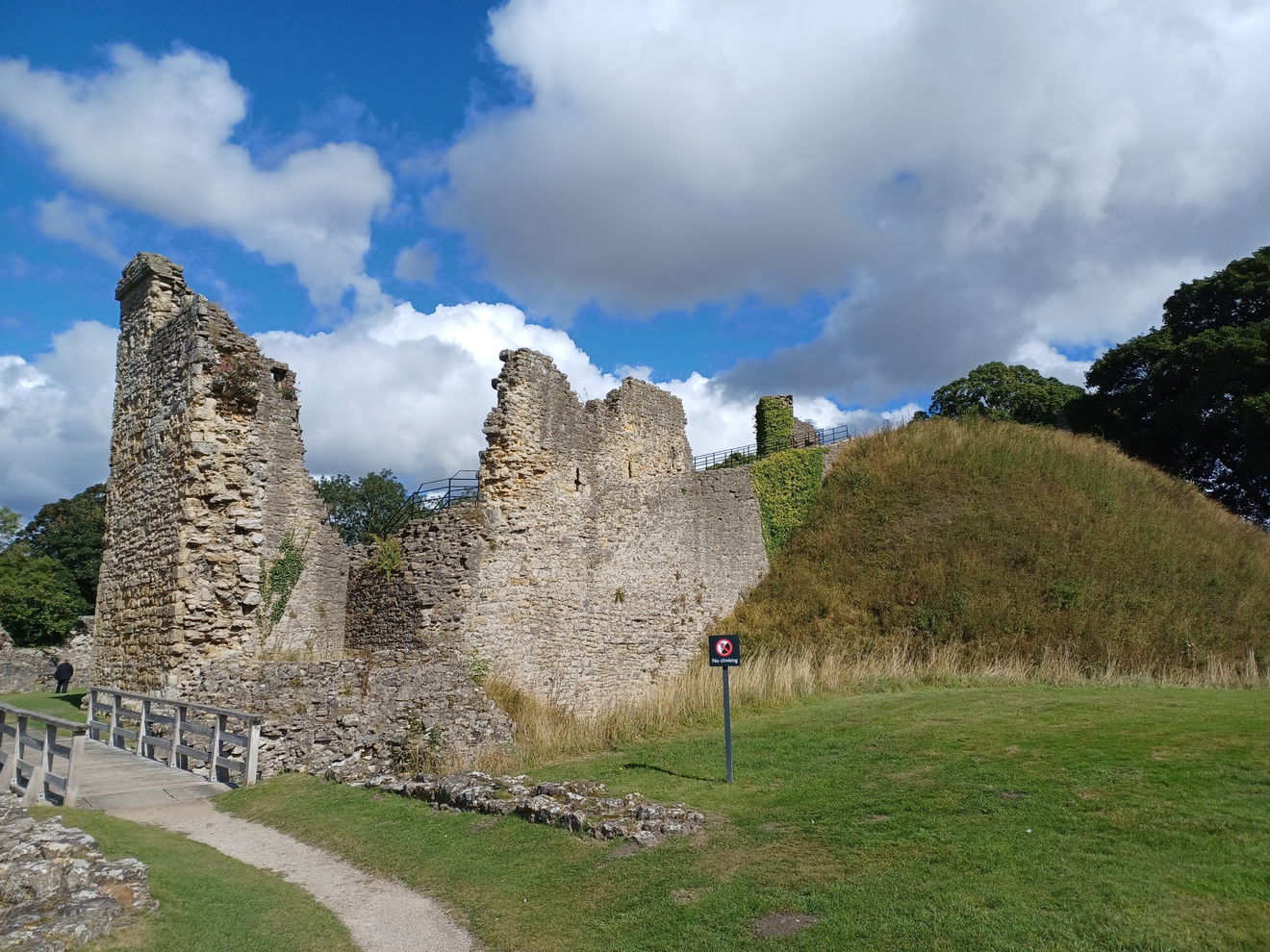
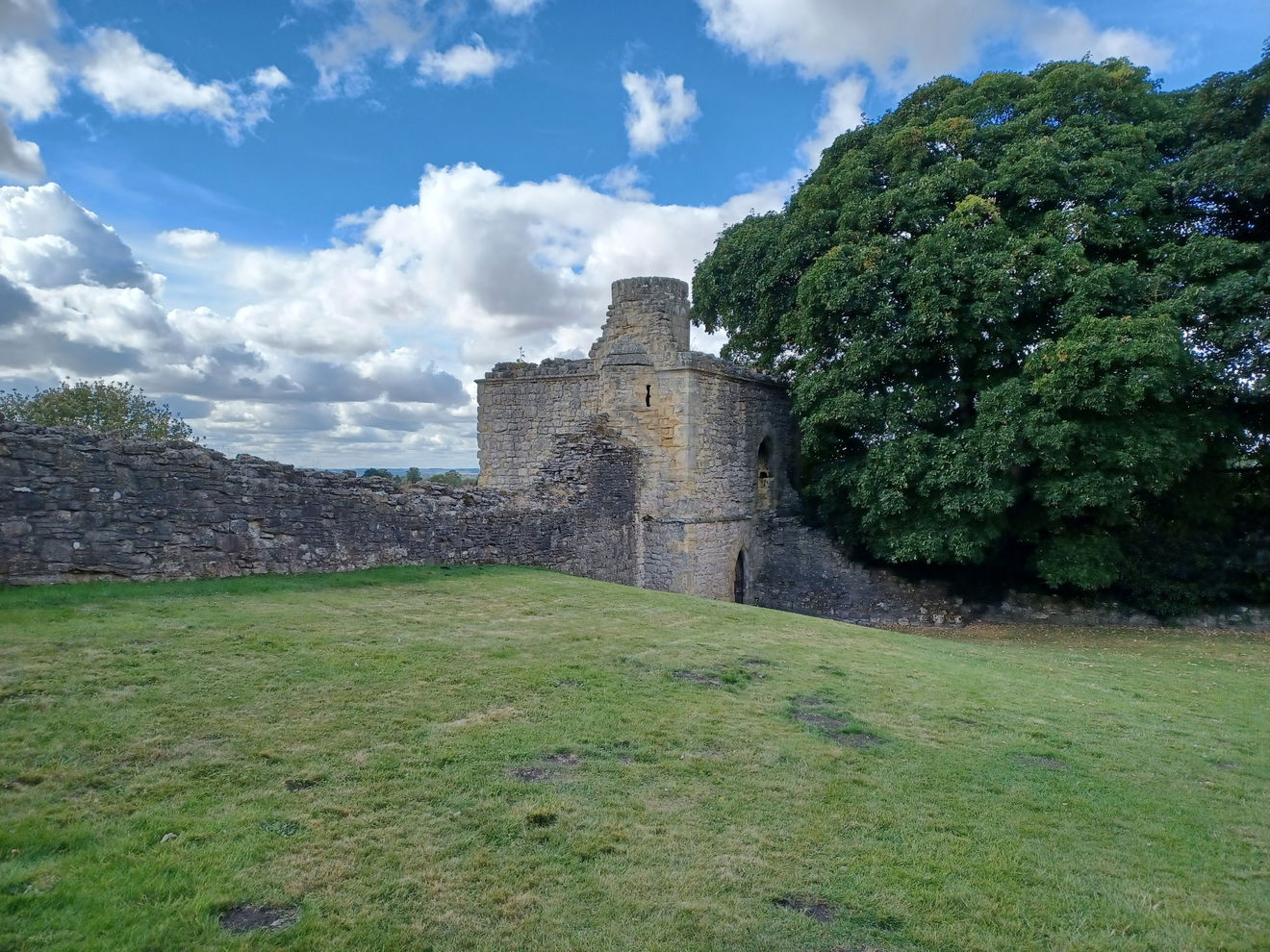
The initial construction of Pickering Castle likely began in the late 11th century or early 12th century. The Normans employed a typical motte and bailey design, which consisted of a large, artificial mound (motte) topped by a wooden tower, surrounded by a wall and defensive ditch (bailey). This design provided a strong defensive position and a symbol of Norman power.
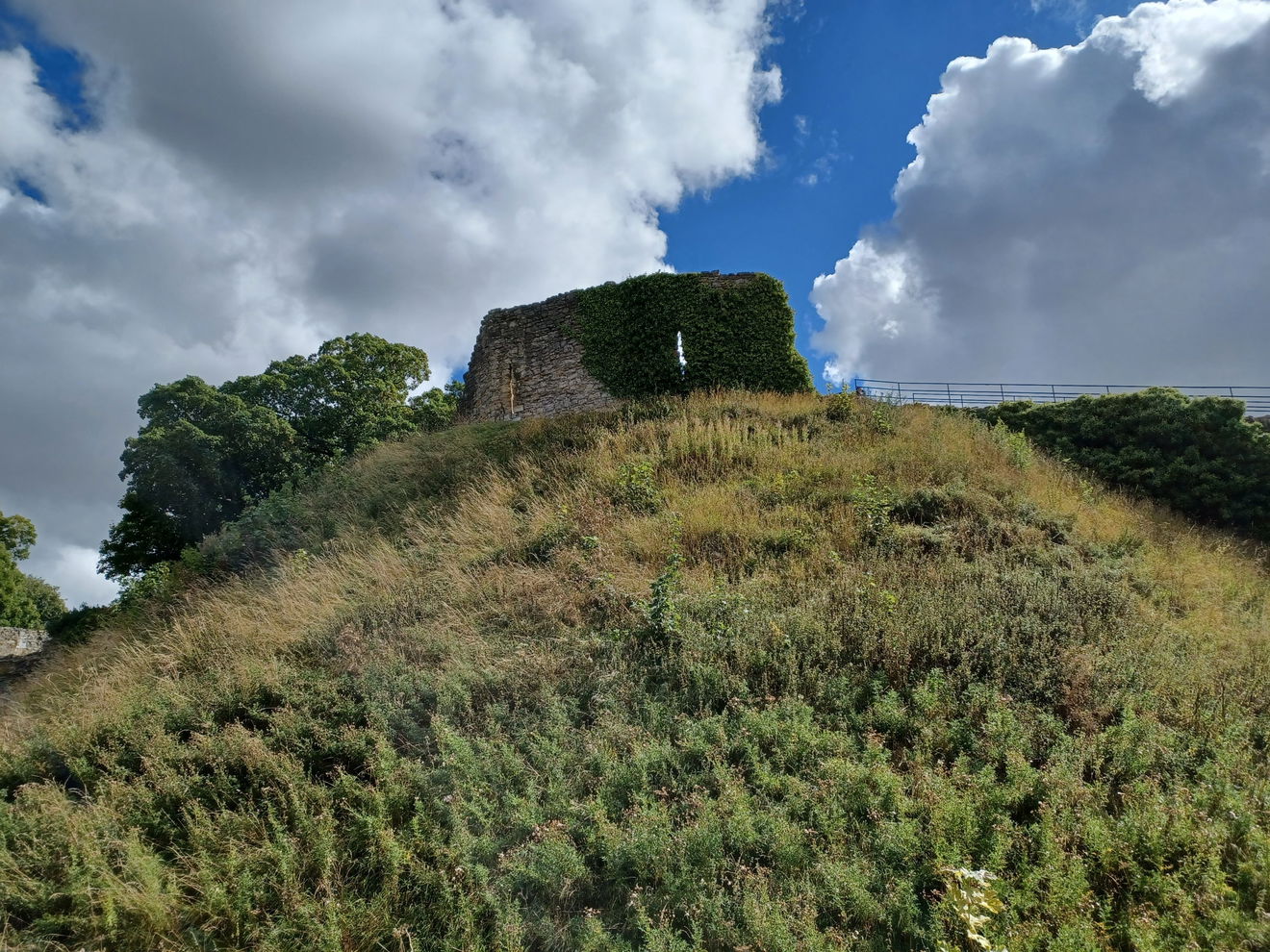
Pickering is unusual in that the design did not really change all that much over the centuries, but also because there are actually two bailies, one to the northern side of the Motte and the other to the south.
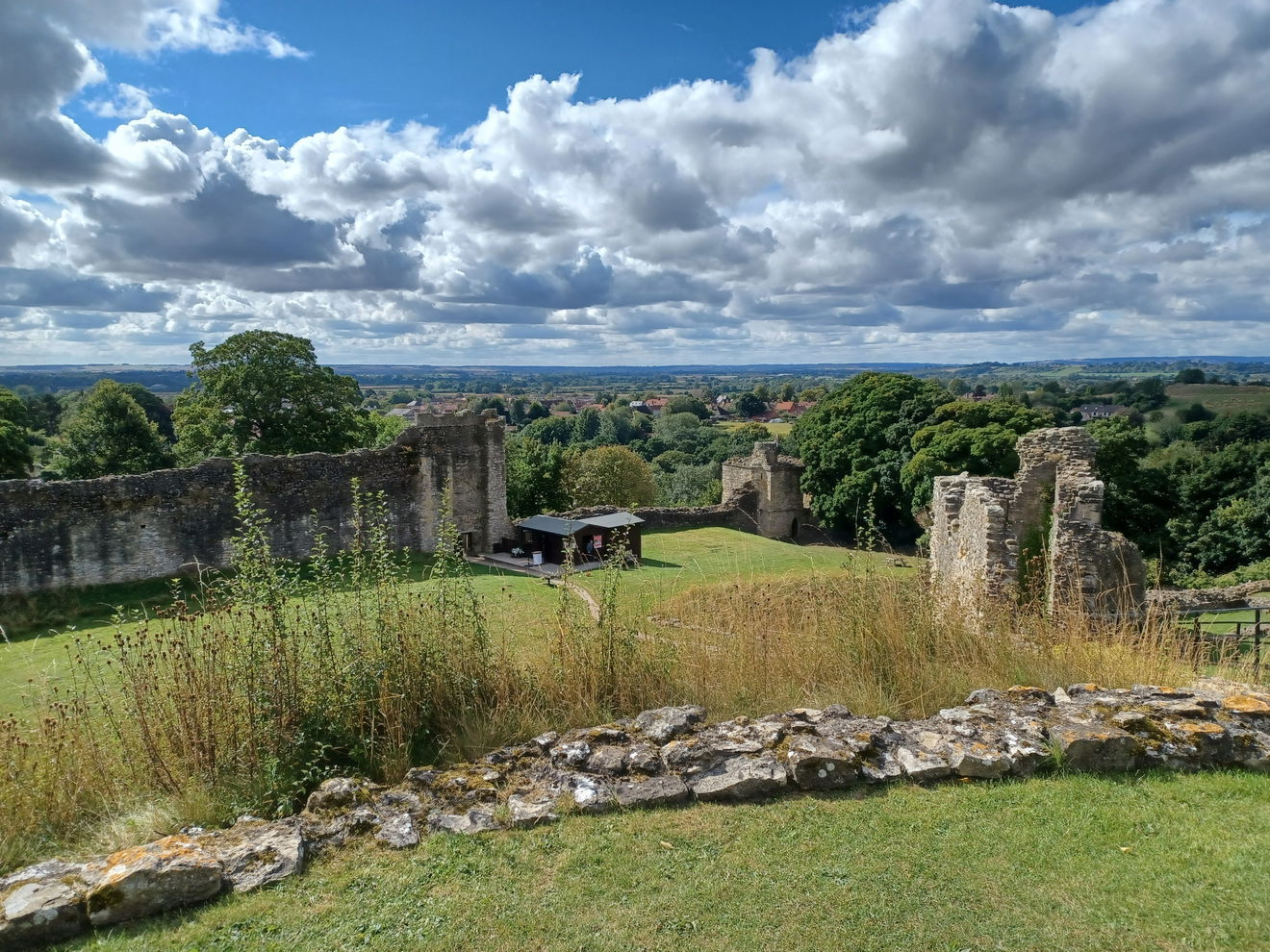
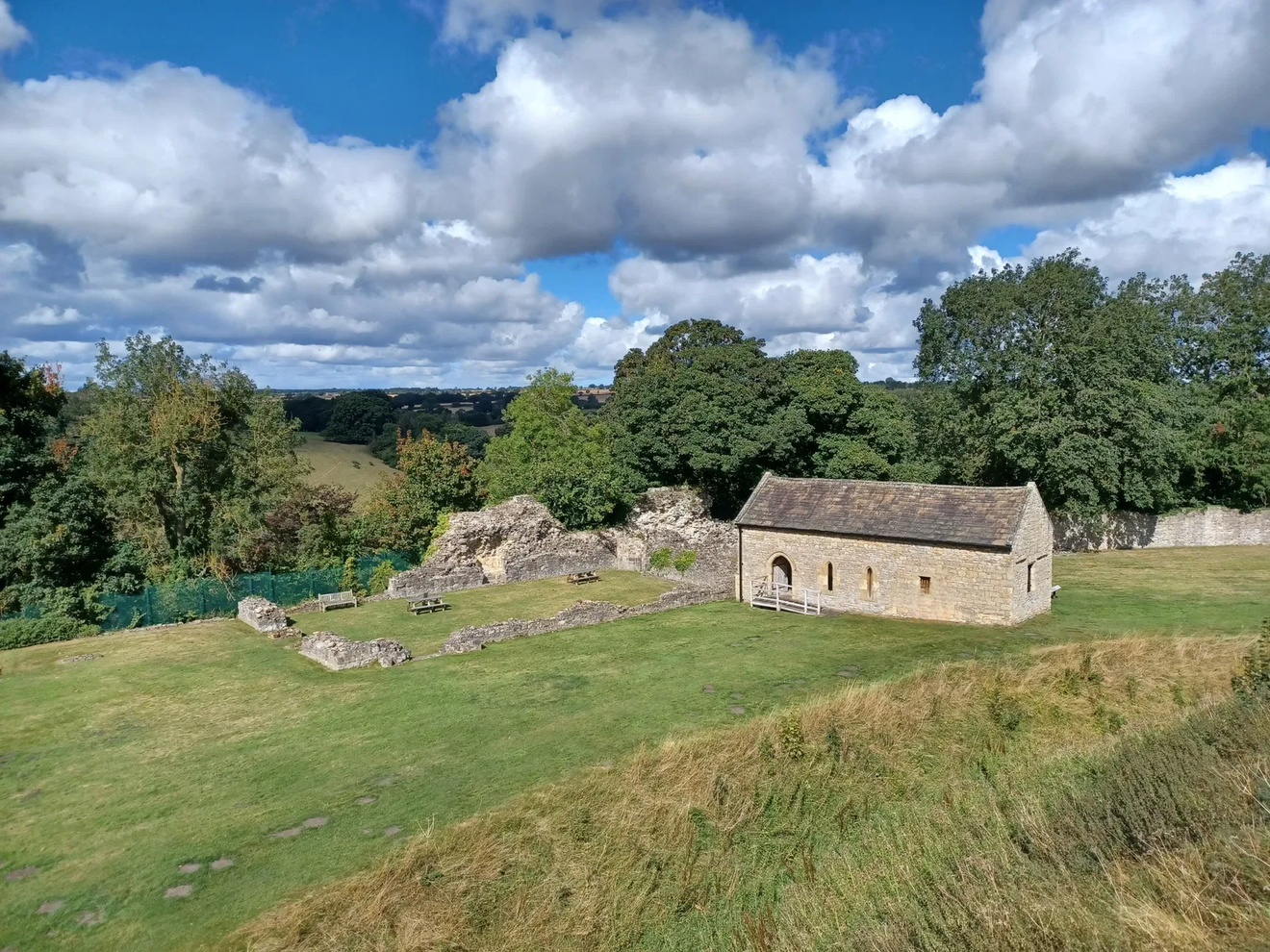
Throughout the medieval period, Pickering Castle played a crucial role in the political landscape of North Yorkshire. It served as a stronghold for powerful families, who wielded significant influence in the region. The castle was also involved in various conflicts and rebellions, such as the Wars of the Roses between the Houses of York and Lancaster.
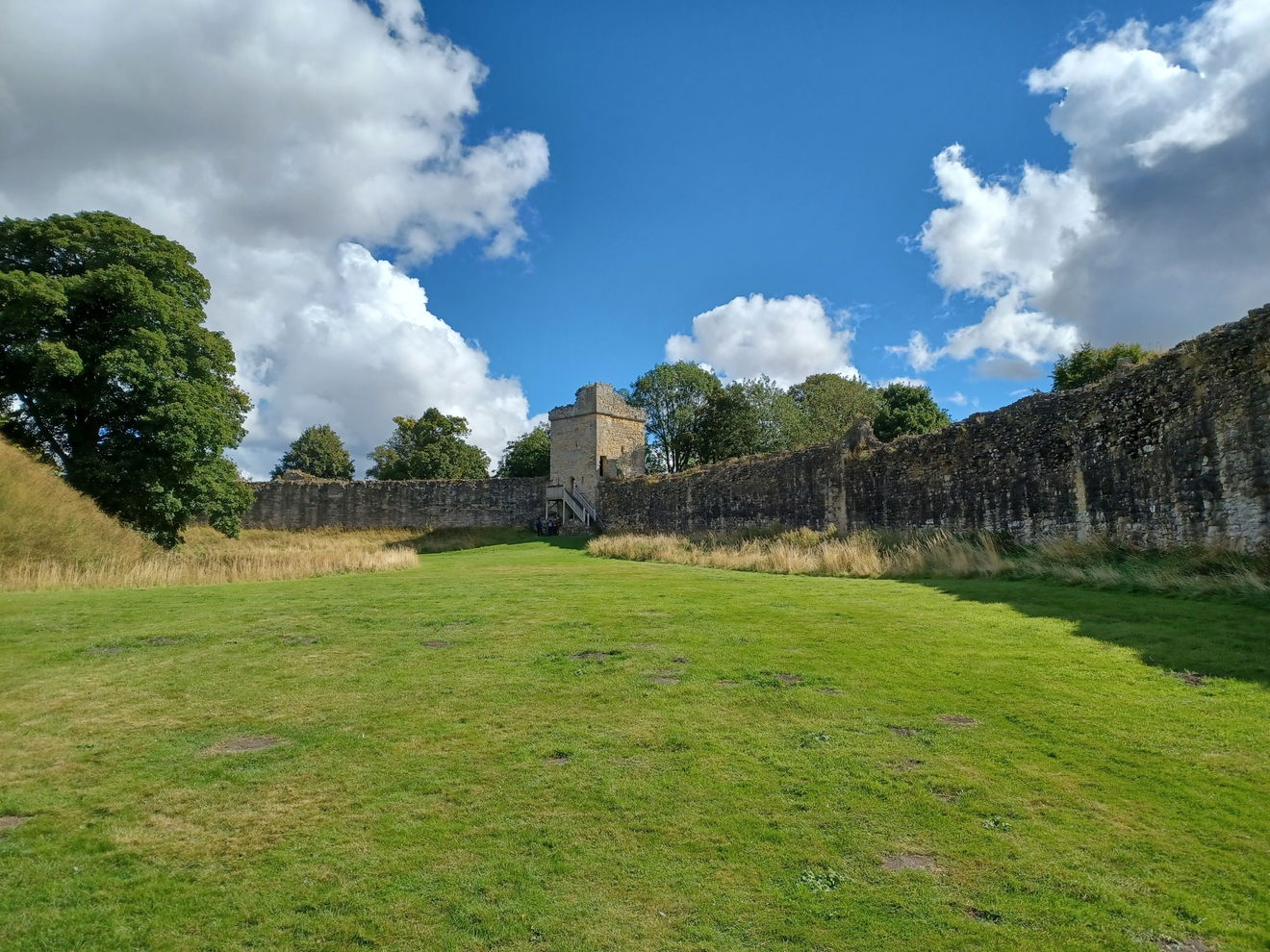
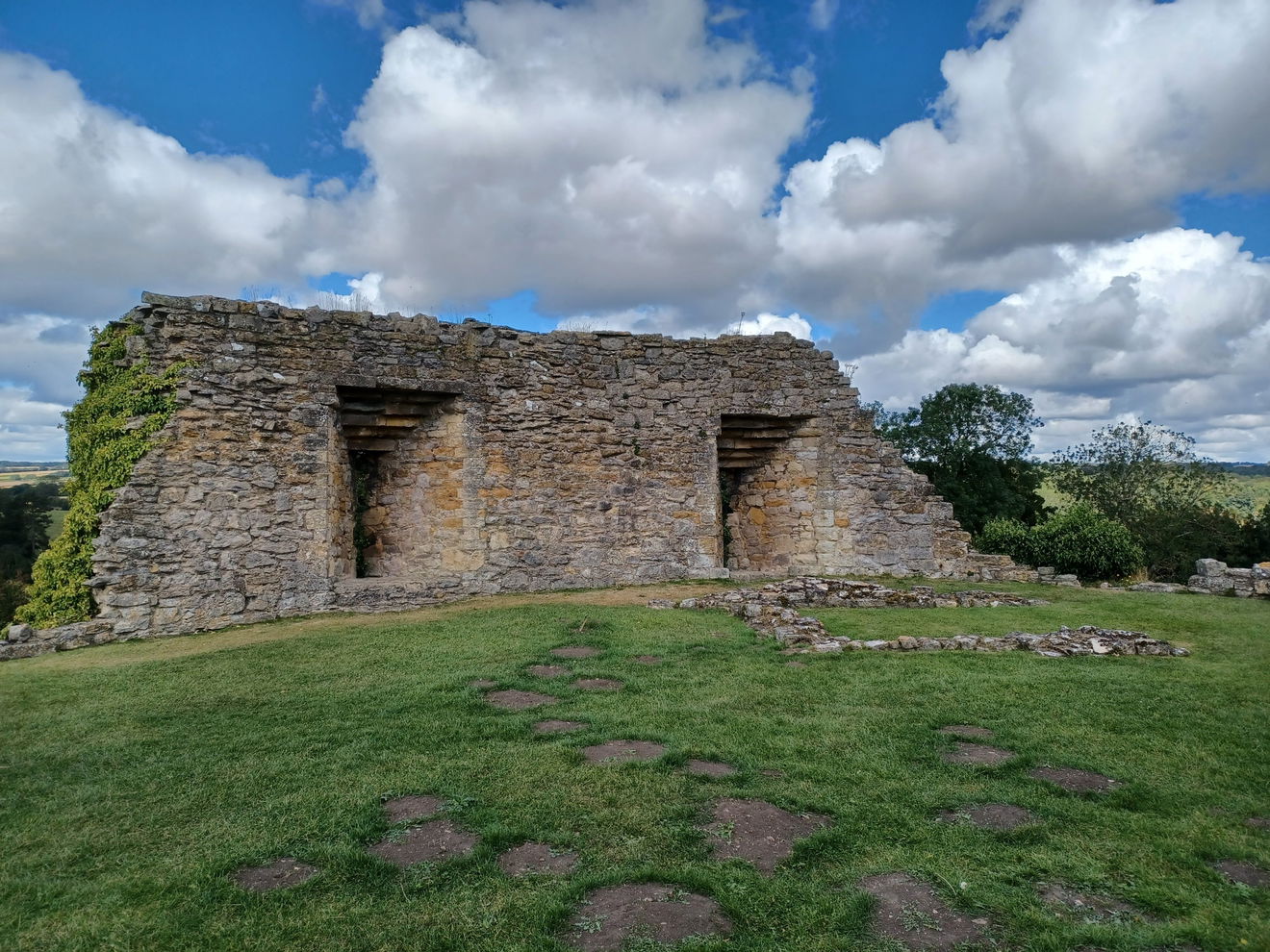
Aside from its strategic and administrative roles, Pickering Castle had two other functions: to guard and manage the large forest which lay adjacent and to provide a court and place of detention for those found guilty of offences against it, such as poaching, unauthorised clearance and the theft of timber.
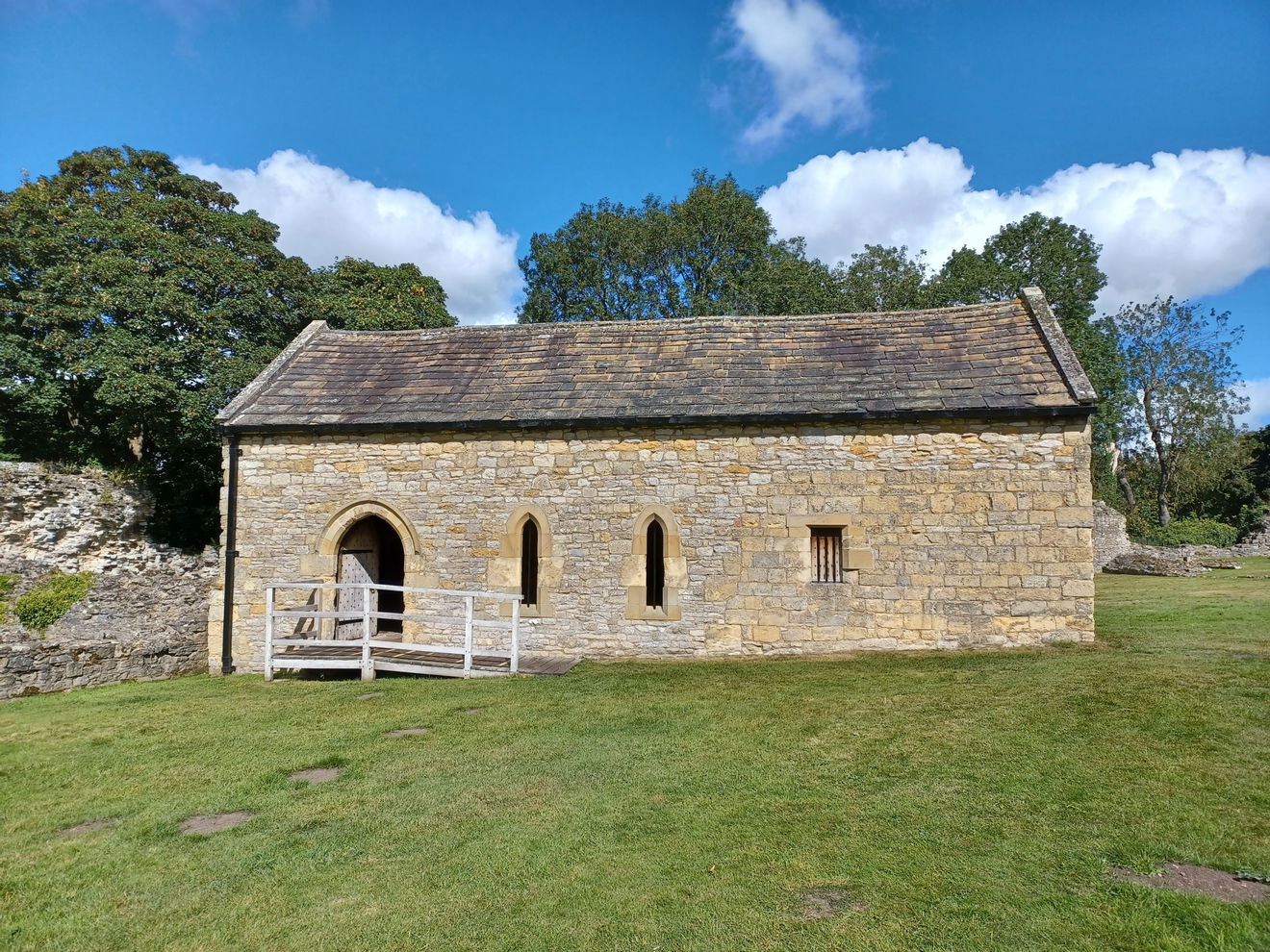
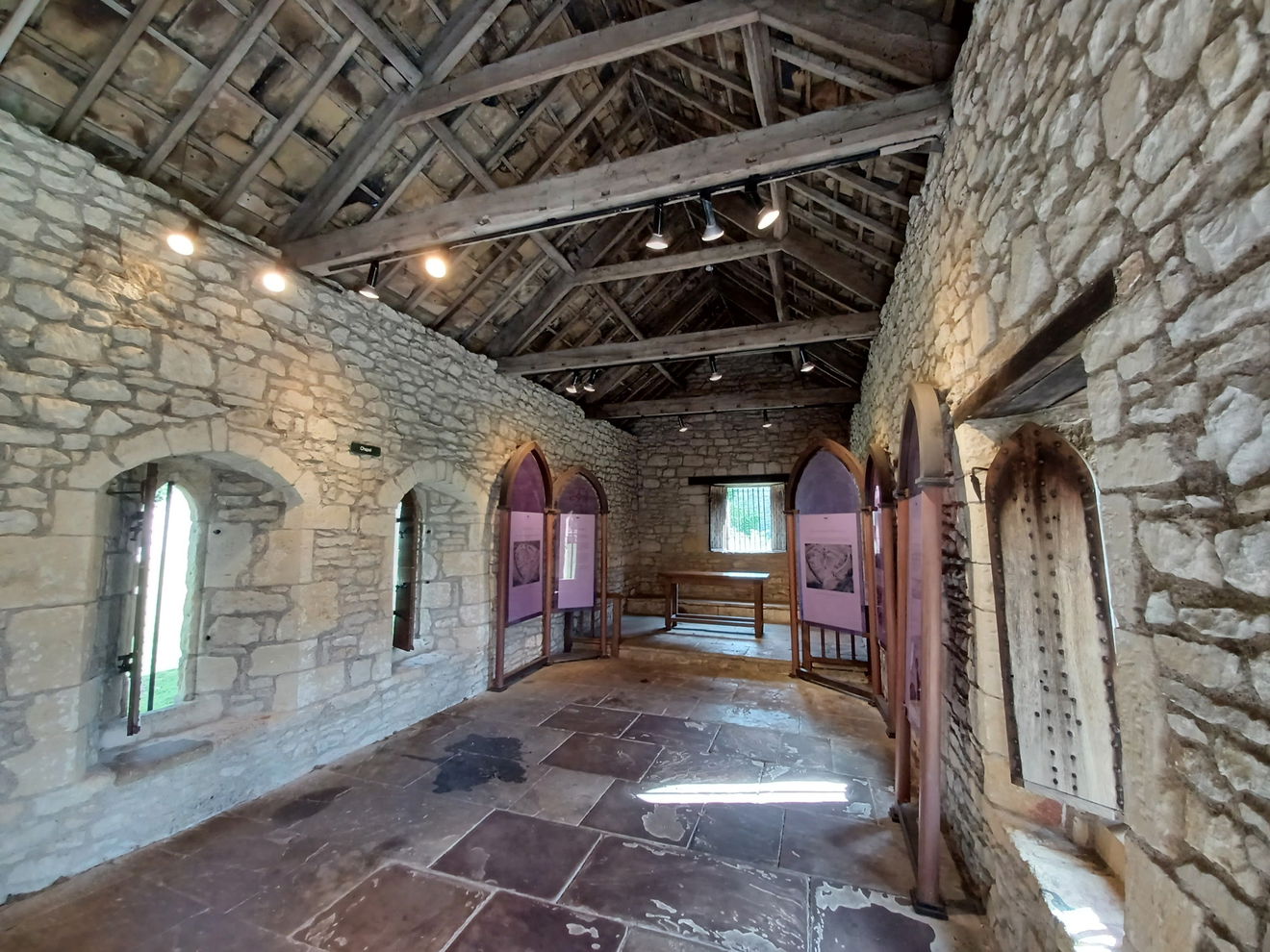
The forest was an extremely important economic resource during the Middle Ages and its particular importance at Pickering can be seen in the great use made of wood in the castle buildings and also, most significantly, its continuous use in the defences down to the 14th century.

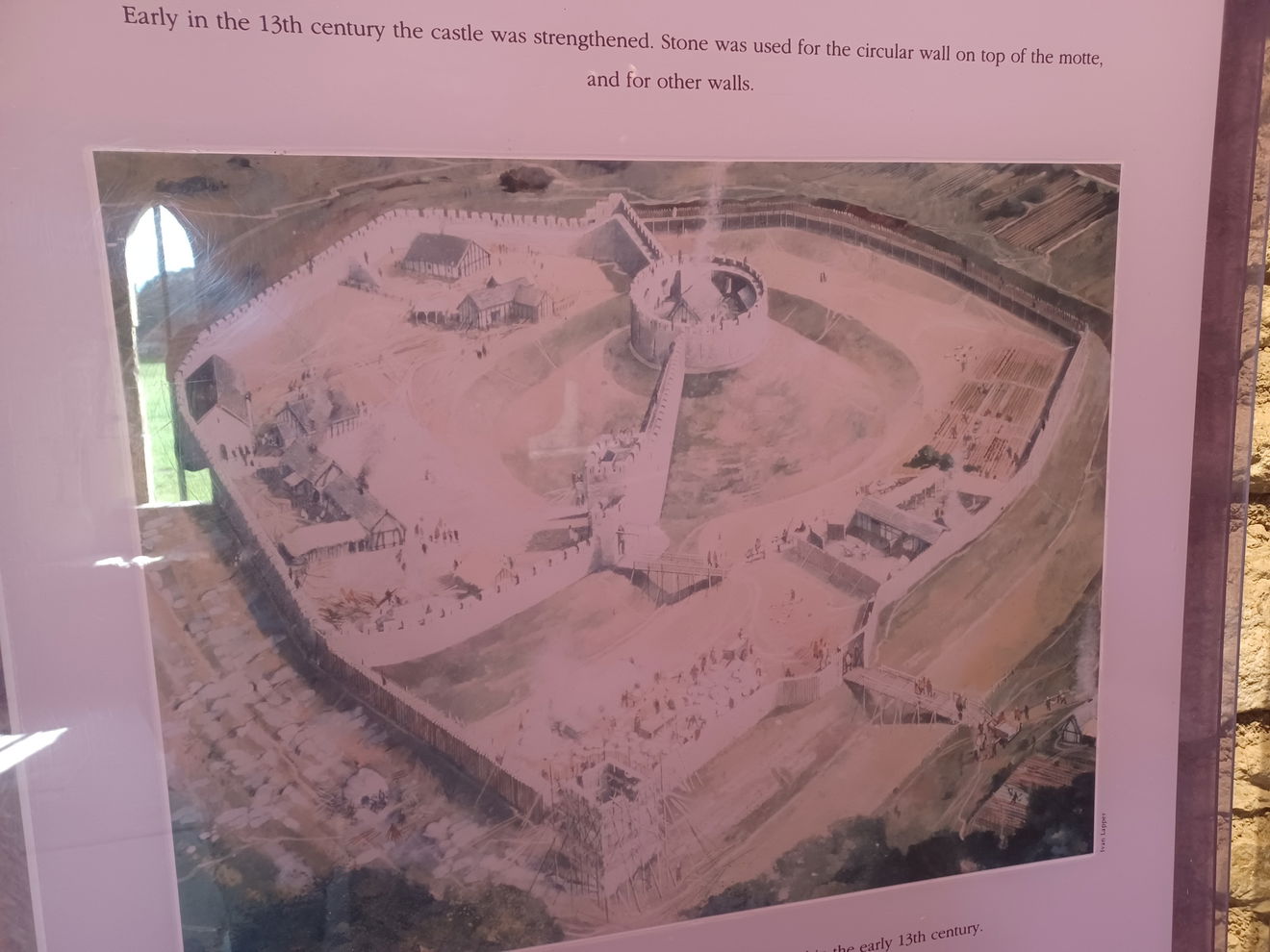
During the 13th century, the wooden structures of Pickering Castle were replaced with more substantial stone buildings. This marked a significant upgrade in the fortress's defenses and provided a more durable and imposing appearance. The castle's walls were thickened, and additional towers were added to enhance its security.
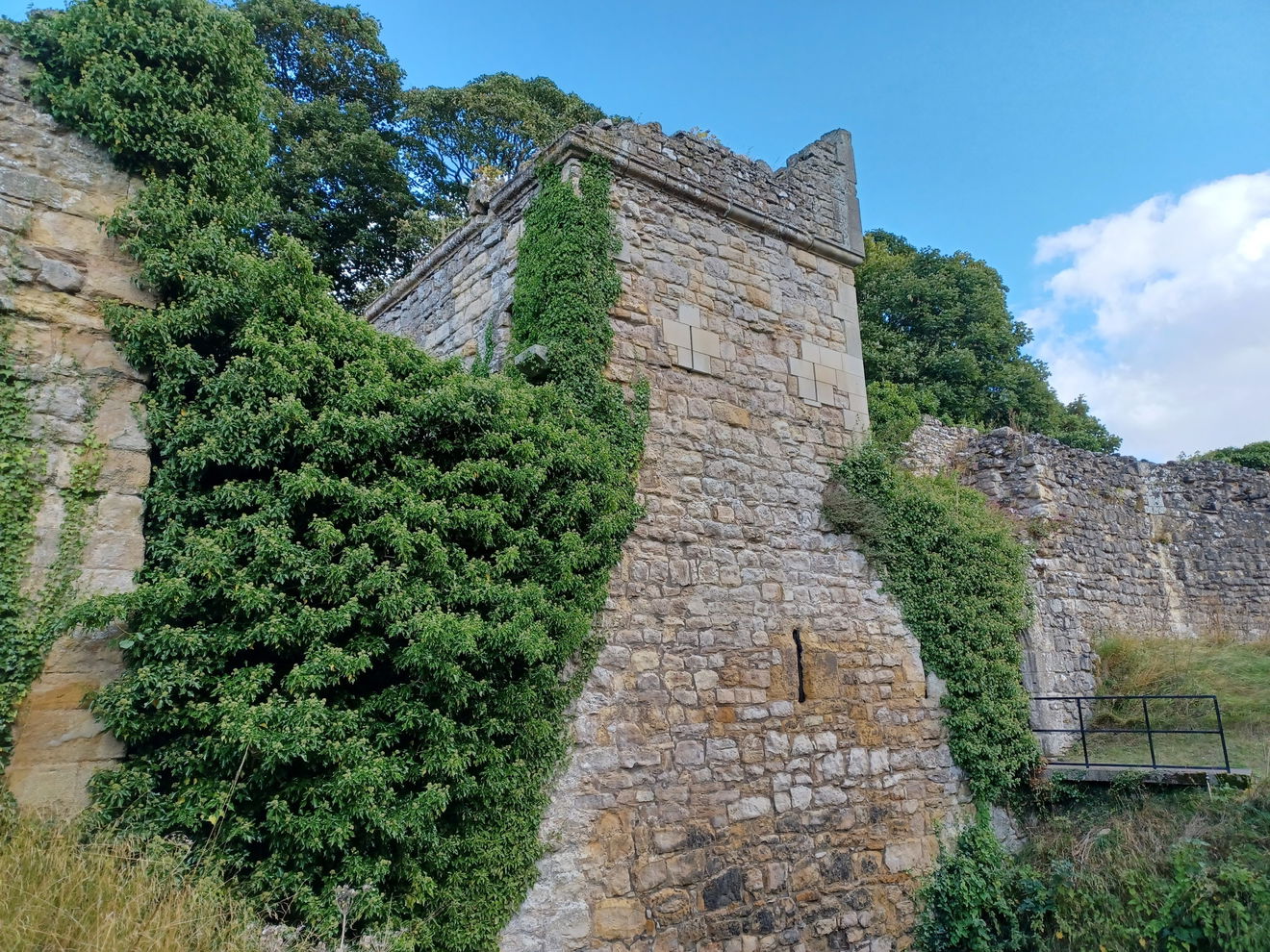
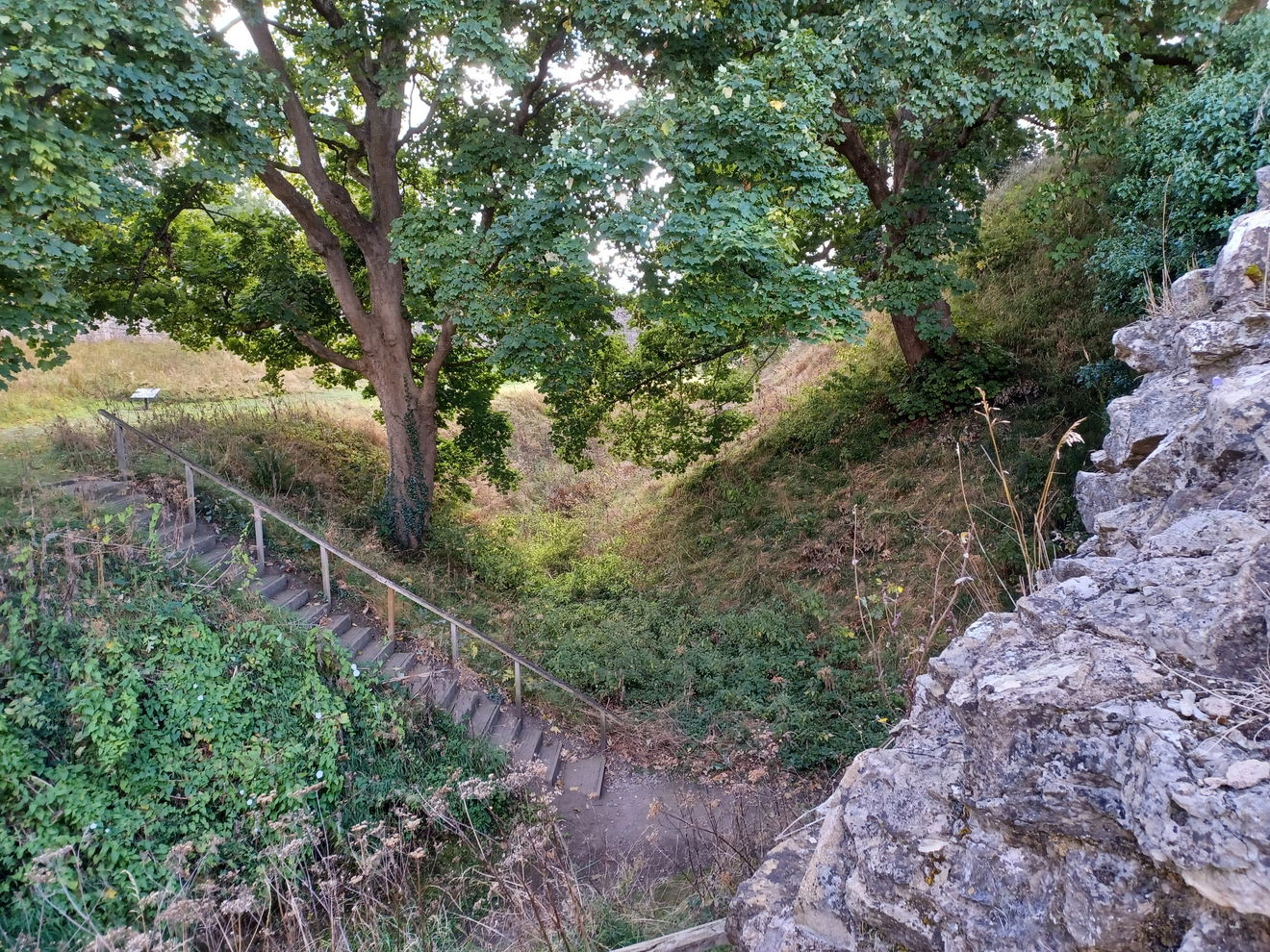
The Tudor period brought about significant changes to Pickering Castle. King Henry VIII, known for his dissolution of the monasteries, also ordered the demolition of many castles that were no longer considered necessary for defense. However, Pickering Castle managed to survive this period and remained in use.
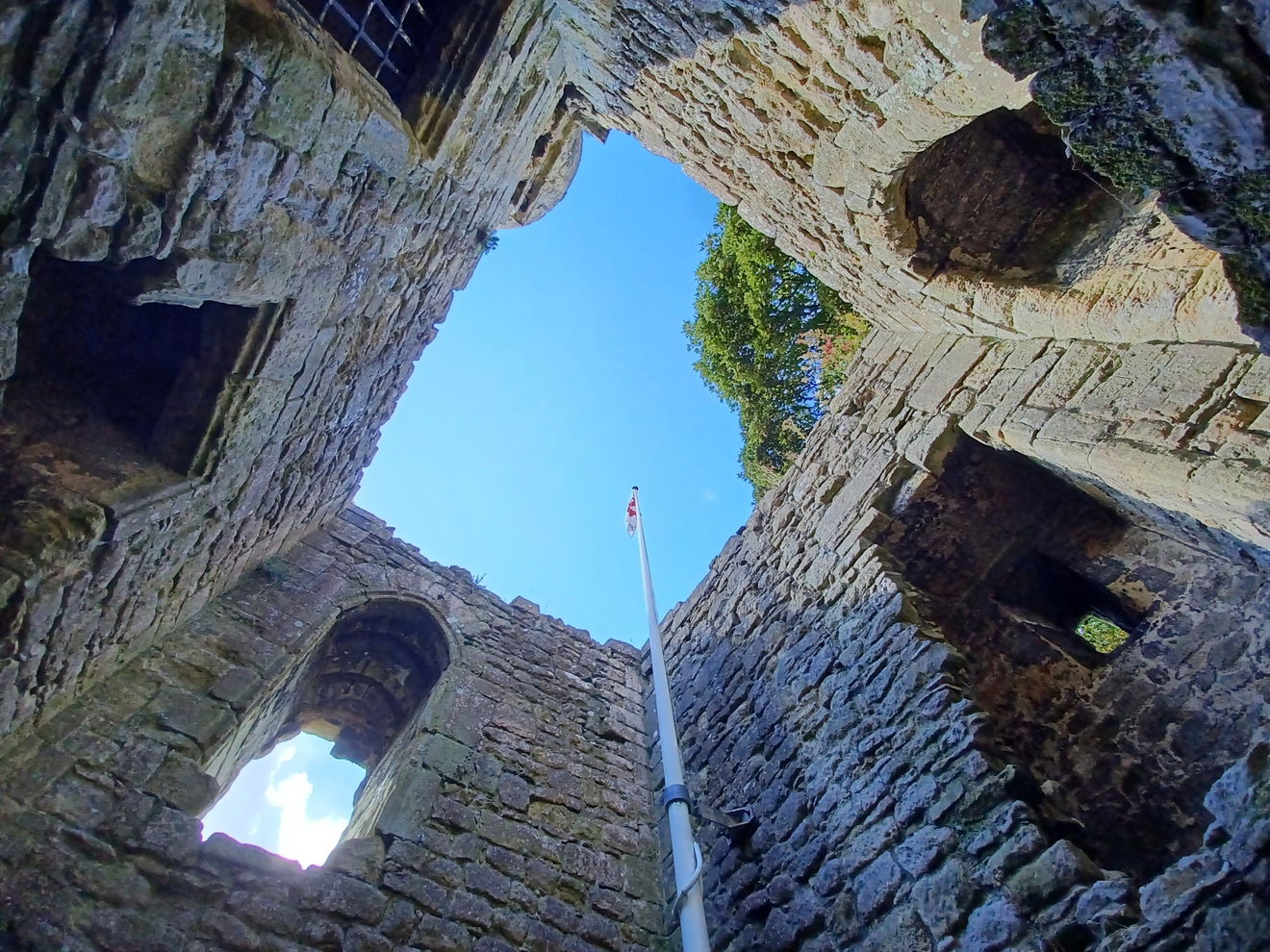
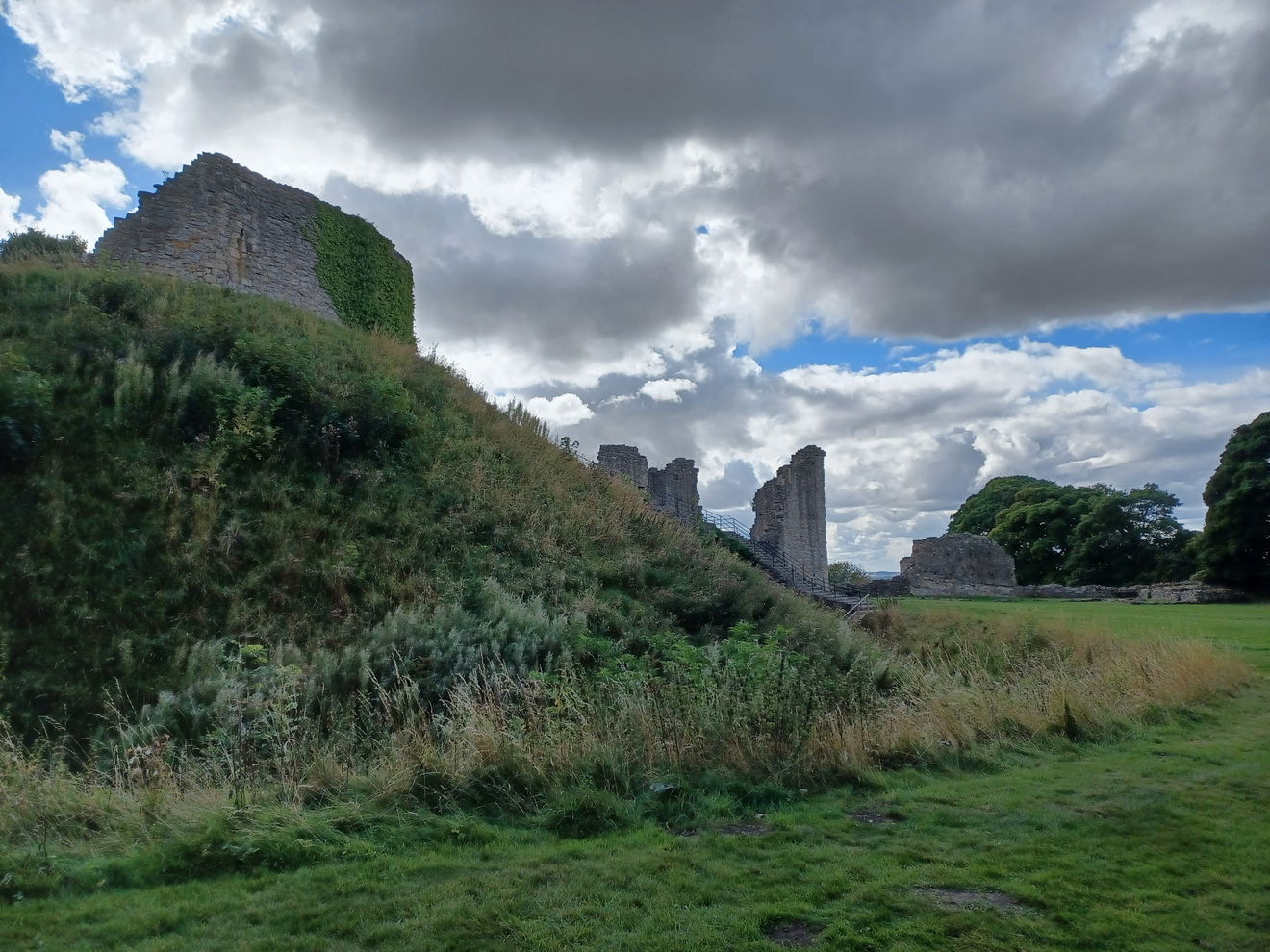
In the 17th century, during the English Civil War, Pickering Castle was briefly occupied by Parliamentarian forces. However, it was later recaptured by Royalist troops. The castle's involvement in this conflict highlighted its continued strategic importance. Pickering Castle is one of the few castles to have survived this period.
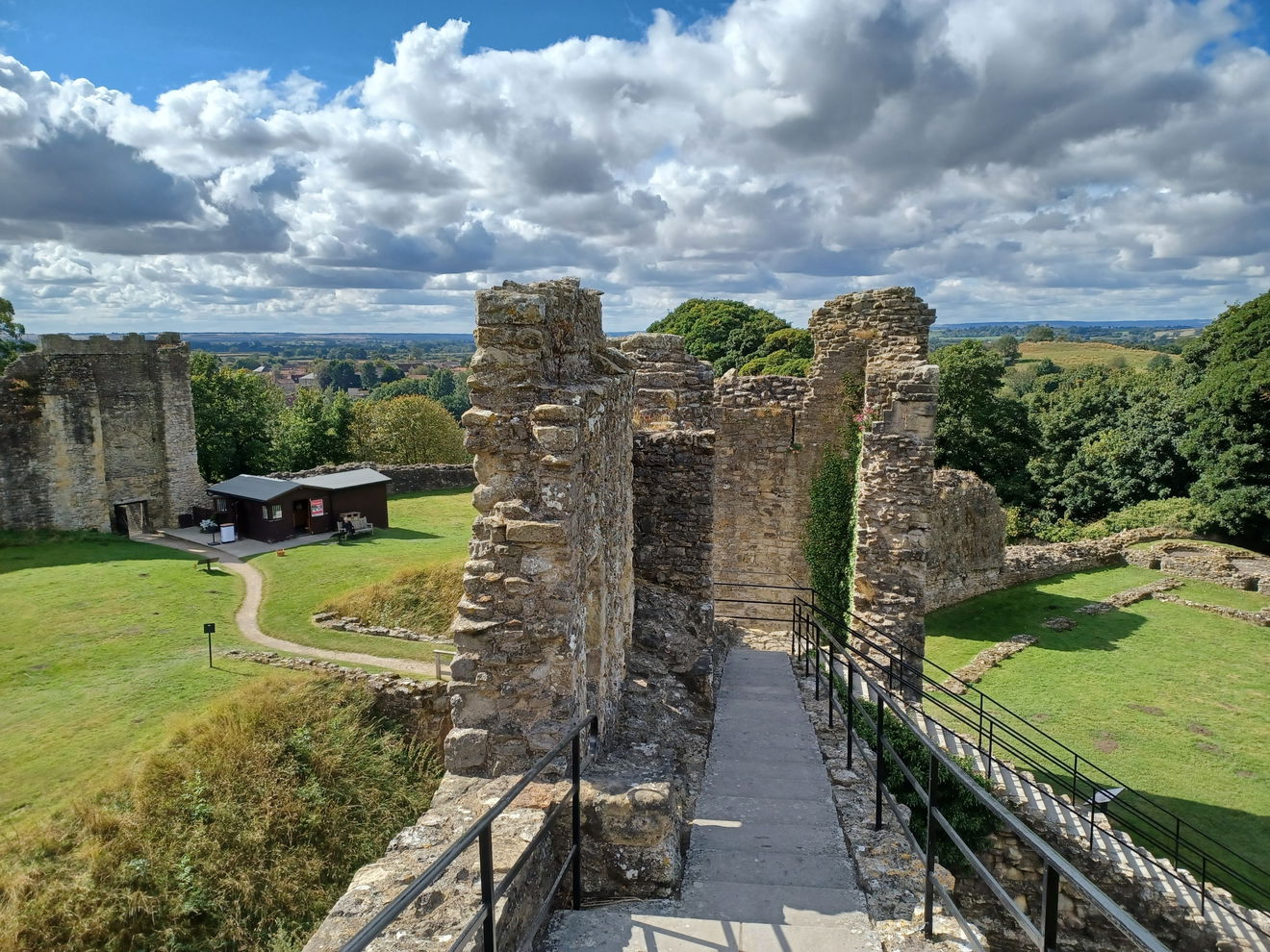
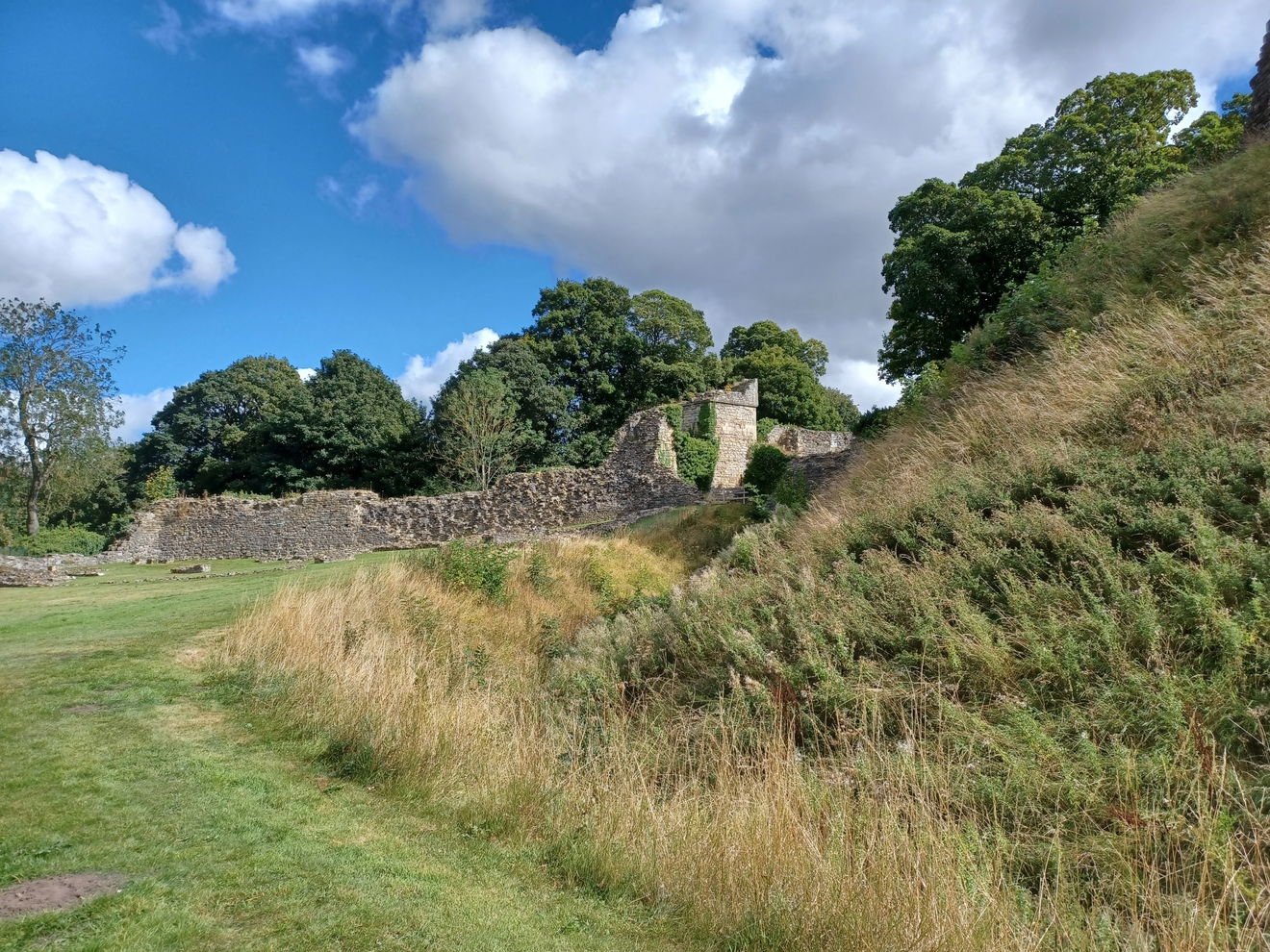
Following the Civil War, Pickering Castle gradually fell into disrepair. The stone structures were left to decay, and the once-imposing fortress became a symbol of the past. However, efforts have been made to preserve and restore the castle's remains. The site was acquired by English Heritage in 1926, and extensive conservation work has been carried out to stabilise the remaining structures.
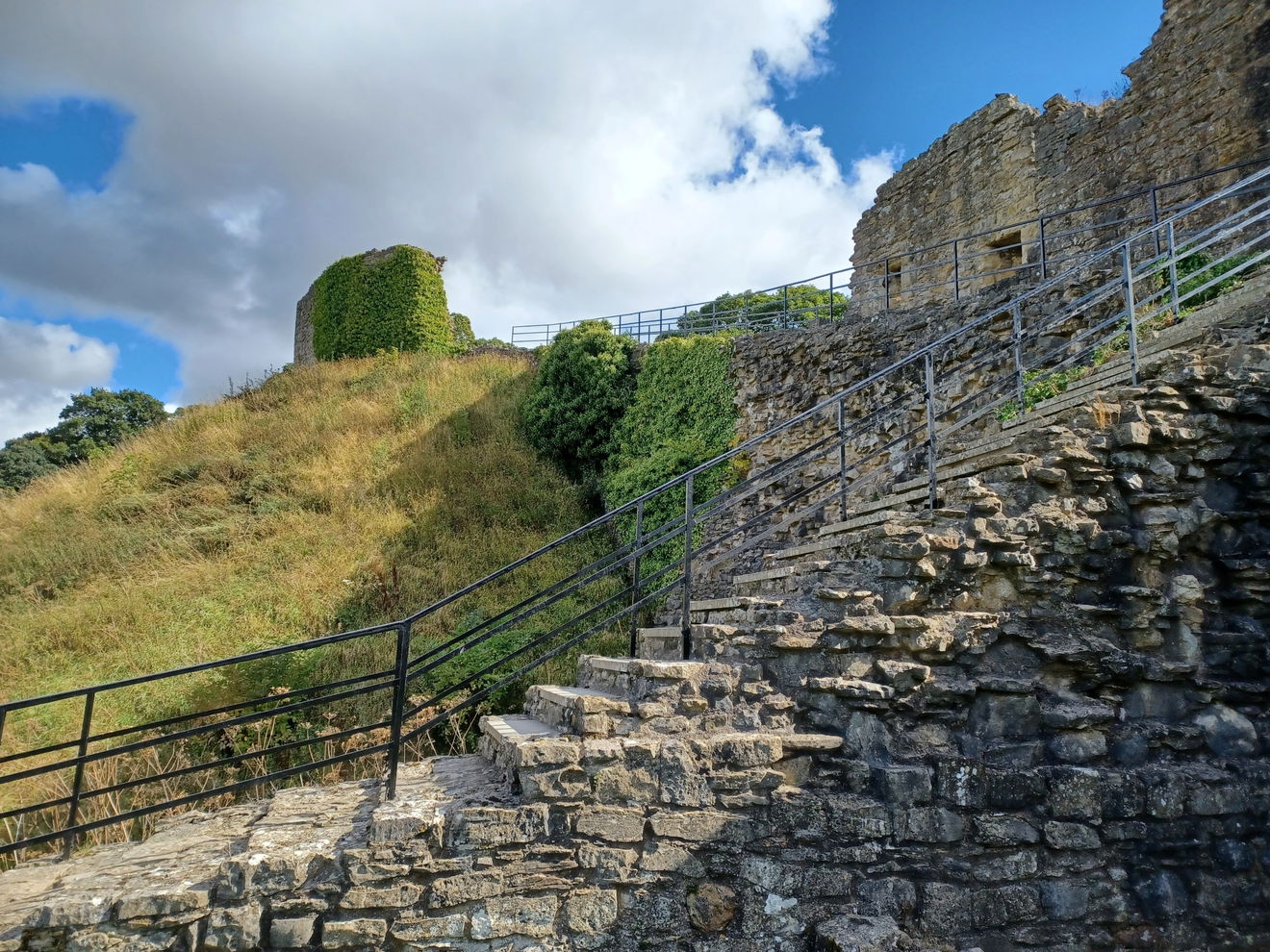
Get 2 points if you have visited this place. Already visited by 94 VIPs.
Login to the VIP area to add places to your bucket list, mark them as visited and more importantly see where you rank on the league table.
How To Find Pickering Castle
Where Is Pickering Castle?
Lat / Long
54.249609, -0.776509
What three words
Where To Park For Pickering Castle?
Lat / Long
54.249313, -0.775678
What three words
There is a small area of parking off Castlegate next to the castle, where there are also some toilets.
Contributed by Andrew Gardner
I love being outdoors, in nature, and experiencing the relaxation it brings. Wandering through the northern countryside seeing unexpected buildings, historic places and occasionally surprised wildlife is one of life's great pleasures.
More Places from Andrew
More Places In Pickering
Find more fabulous places in Pickering, North Yorkshire and if you know of a place we haven't listed, then let us know.
Oh no! We couldn't find any more places for this area. Don't worry, we're adding new places all the time, so please check back again soon.
More Castles
So this castle wasn't enough and you want more? Don't worry we have you covered.
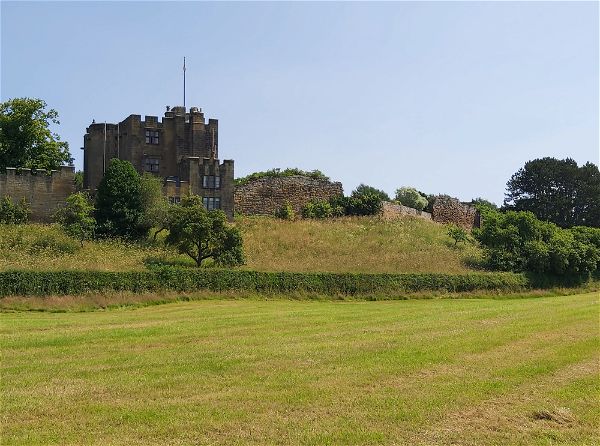
Bothal Castle
Castle Bothal NorthumberlandA castle and stately home in the village of Bothal near the River Wansbeck, between Morpeth and Ashington.
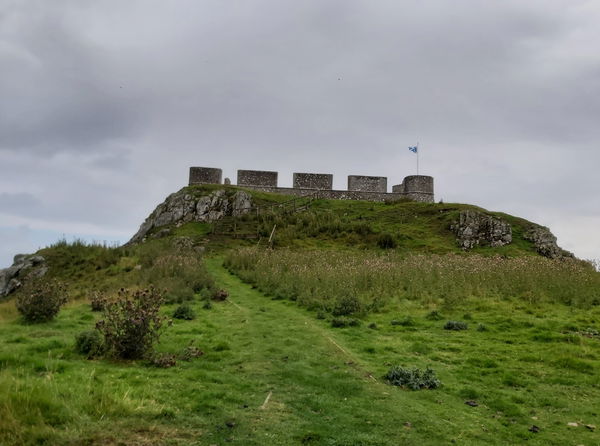
Hume Castle
Castle Kelso BordersA heavily modified ruin of an early 13th century castle held by the powerful Hume family.

Knock Castle
Castle Ballater ScotlandA great example of a 16th century tower house that sits on the eastern side of the Cairngorms near Ballater.
Never Miss A Fabulous Place
If you are afraid of missing out on all the fabulous places we post, or just want to be the first to know, then sign up to the Fabulous North.
Each week we will email you all the brand new places that we visit.
Sign Up To AlertsFind Us On Facebook
We post all our new places daily on our Facebook Groups page, so join the group today and be notified when we add a new place.
Join Our Facebook GroupPickering Castle was listed in Castle // North Yorkshire // Pickering

